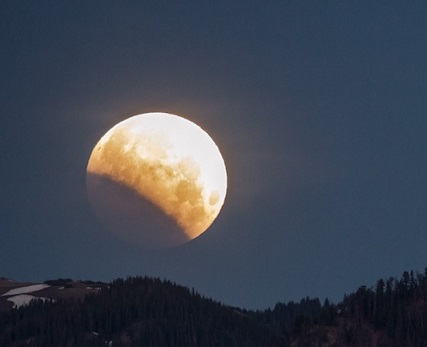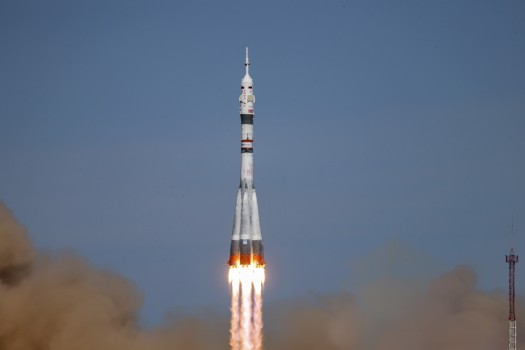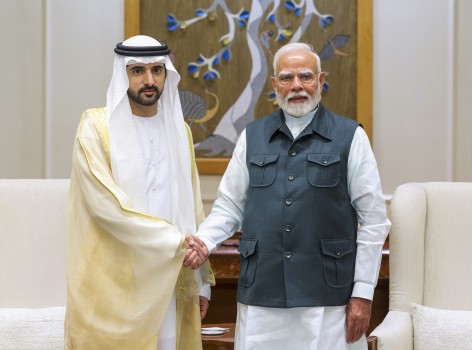
NEW DELHI (PTI): A lunar eclipse will occur on the night of August 7, continuing until early next morning, and will be visible in India and all over Asia, Europe, and Africa, Nehru Planetarium officials said.
However, parts of Africa and Asia, including India, will miss the total solar eclipse that is expected to occur on August 21.
N Rathnashree, director of the Nehru Planetarium, Delhi said the penumbral part of the lunar eclipse, which is difficult to discern, will start at 9:20 pm on Monday night, while the partial phase will start at 10:52 pm.
The partial eclipse ends at 12:48 am while the penumbral eclipse ends at 2:20 am on August 8.
A penumbral lunar eclipse occurs when the Sun, the Earth, and the Moon align in an almost straight line.
In this scenario, the Earth blocks some of the Sun's light from directly reaching the Moon's surface and covers all or part of the Moon with the outer part of its shadow, also known as the penumbra.
"The interesting thing about lunar eclipse timings is that anywhere on Earth from where the Moon is visible during eclipse, the time will be the same. This is in contrast to a solar eclipse in which the timings of the contacts change as the location changes on Earth," Rathnashree said.
Also, the US and Canada can view the total solar eclipse, but cannot see the lunar eclipse.
The Nehru Planetarium will be setting up telescopes to help visitors observe the Moon before the eclipse and the partial phases of the eclipse, at the Teen Murti lawns from 9 pm on Monday night.
 Previous Article
Previous Article Next Article
Next Article












The Indian Air Force, in its flight trials evaluation report submitted before the Defence Ministry l..
view articleAn insight into the Medium Multi-Role Combat Aircraft competition...
view articleSky enthusiasts can now spot the International Space Station (ISS) commanded by Indian-American astr..
view article